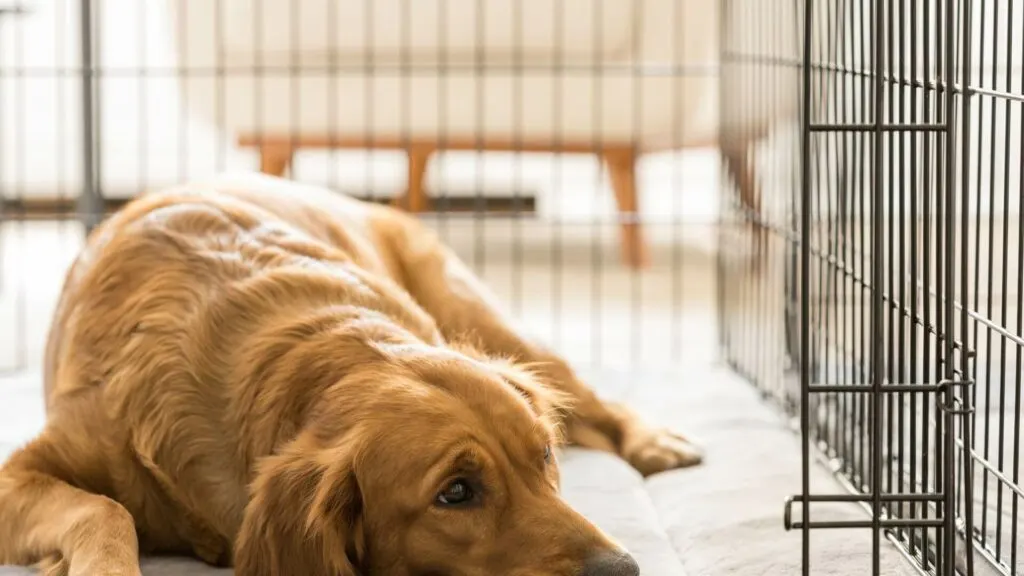Understanding the pet import criteria is a legal requirement and a pet owner’s responsibility. Singapore has strict rules and regulations for importing pets, and failure to comply can result in hefty fines or even pet deportation. However, with the proper preparation and knowledge, you can successfully import your furry friend to Singapore, ensuring their safety and comfort.
This blog post serves as your comprehensive guide to the pet import process in Singapore. We’ve got you covered from the quarantine period to the required vaccinations. We aim to equip you with the knowledge and preparation needed for your beloved pet to arrive comfortably and safely in Singapore.

Ensuring the cat or dog breed is allowed
Before you start planning to bring your pet to Singapore, it’s essential to understand the country’s regulations regarding pet breeds. Singapore has a strict ban on dog breeds, including American Staffordshire Terriers, Pitbull Terriers, and Japanese Tosa. If your dog’s breed is not allowed, you cannot import it. Additionally, the government has specific rules regarding the age of imported pets, requiring cats and dogs to be at least three months old.
Identifying the exporting country to understand the risk category
Before important pets in Singapore are identified, it is crucial to determine the region’s or country’s rabies risk category. According to Singapore, regions and countries are divided into three segments: A, B, and C.
Regions and countries are classified under the A category. This includes those at a lower risk of rabies disease and are exempt from quarantine. Your pet must meet the import requirements specified by the AVA, Agri-Food and Veterinary Authority of Singapore.
Regions and countries are classified under the B category, which includes those with moderate disease and rabies risks. Pets in this category must stay in the quarantine period for ten days after arrival in the country. They must also meet the AVA sets’ essential criteria, including general vaccinations and serology-tested rabies vaccinations.
Regions and countries classified under the C category have higher rabies risk. Pets in this category must stay in the quadrant for up to 30 days upon arrival in the country and meet AVA’s requirements, including general vaccinations, rabies vaccinations, and serology tests.
Sending your beloved friend for serology and rabies vaccination test
One of the quintessential requirements for pet import into Singapore is undergoing the serology test and rabies vaccination test. Pets will be vaccinated against the disease of rabies for at least 30 days before the departure date to Singapore. After completing the vaccination, pets must undergo a serology test that measures the presence of rabies antibodies in the blood. That should be done at an accredited laboratory. The AVA needs to be updated with the result.
General vaccinations
Apart from serology test and rabies vaccination, your pet should have general immunization against the diseases listed below:
- Leptospirosis
- Feline Calicivirus
- Canine Hepatitis
- Canine Parvovirus
- Feline Viral Rhinotracheitis
- Feline Panleukopenia
- Canine Distemper
Summing it up
Ensuring your furry friend gets the vaccine before travelling to Singapore is quintessential. Your pet’s vaccination needs to be up to date to guarantee entry. You may require proof of immunization to the AVA, so keep the necessary documents.
Importing a pet to Singapore can be complicated, but proper preparation beforehand can ensure a smooth journey. You can plan by following the AVA guidelines. To ensure smooth pet importation in Singapore, visit https://shilohanimalex.com/importing-dogs-cats-pets-to-singapore/.

Jessi is the creative mind behind The Coffee Mom, a popular blog that combines parenting advice, travel tips, and a love for all things Disney. As a trusted Disney influencer and passionate storyteller, Jessi’s authentic insights and relatable content resonate with readers worldwide.
